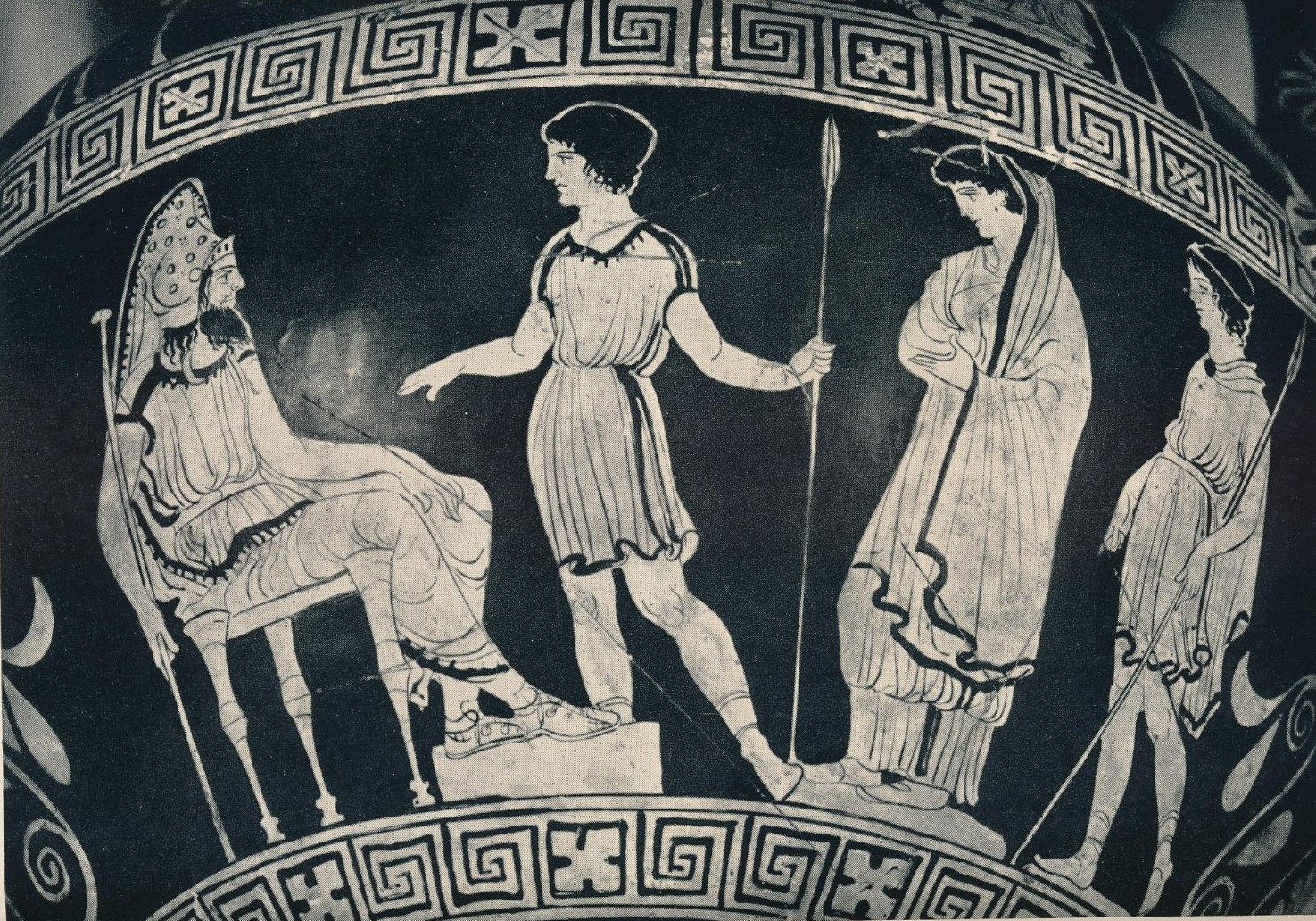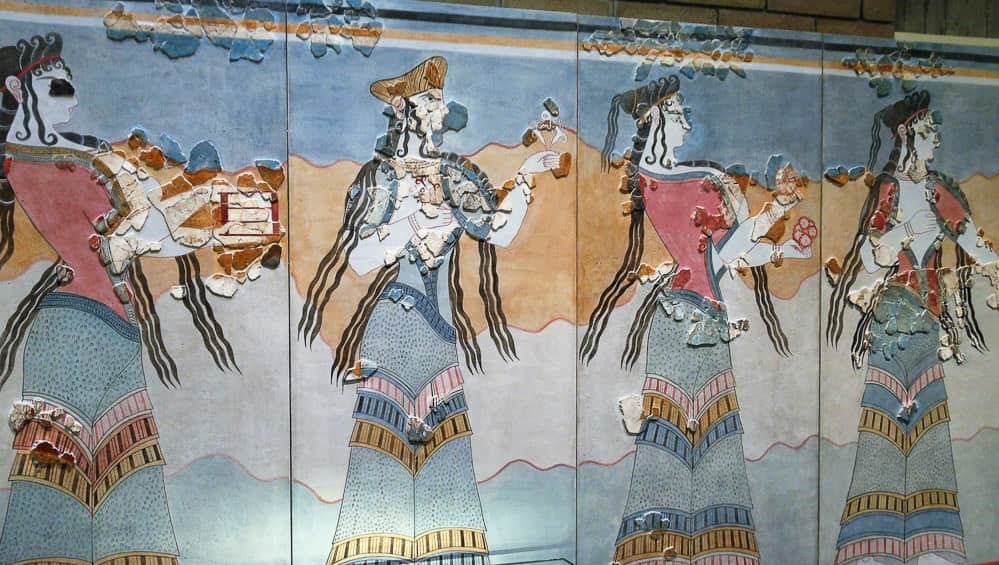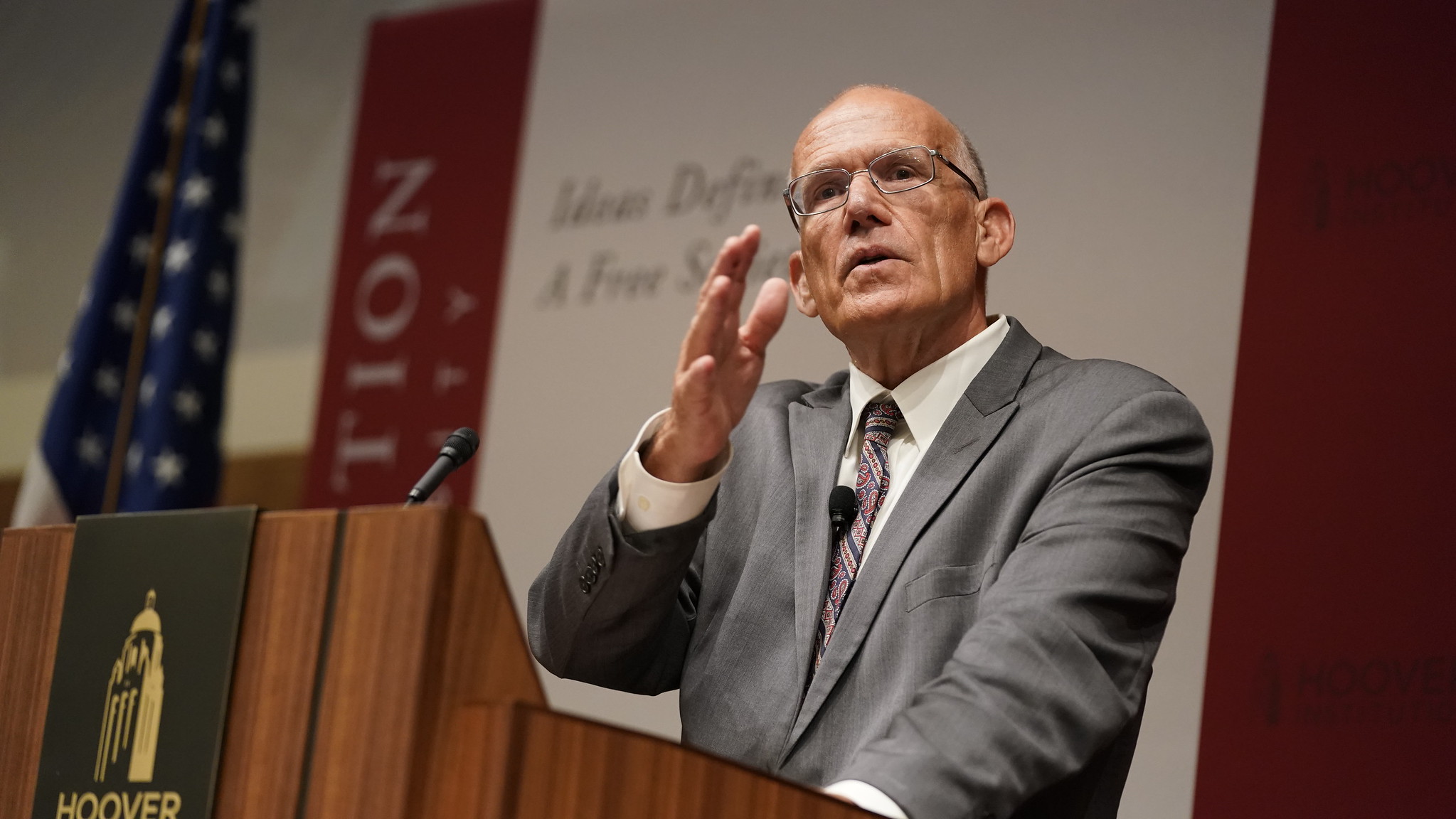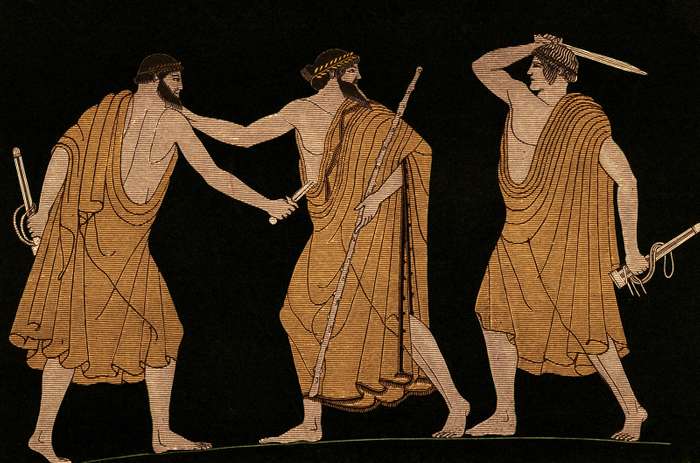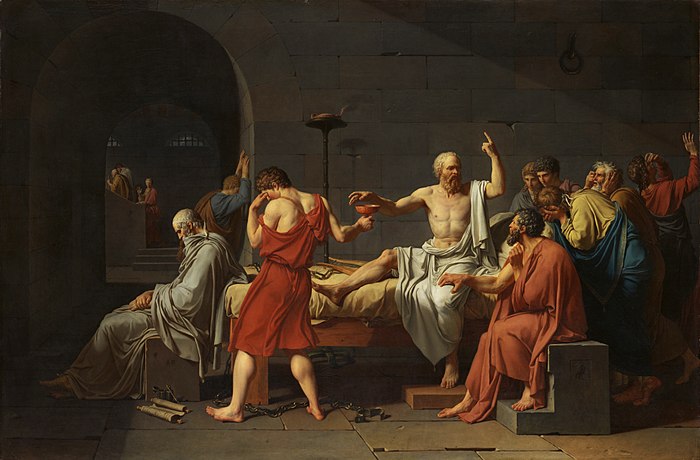Written by Alex Barrientos, Senior Editor, Classical Wisdom In Sophocles’ Antigone there are several different struggles taking place concerning different aspects of social, ethical, and political thought. The role of the citizen, the role of the leader, the right to rule, piety, disobedience, and other issues are discussed throughout the play. Indebted as we are
